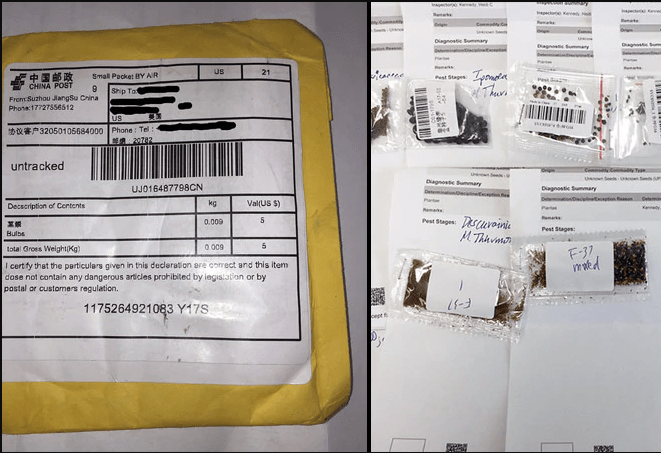UPL will use the center to leverage its advanced R&D capabilities in partnership with other innovation-based companies
UPL Limited, an Indian multinational agriculture company, is opening a new, “state-of-the-art” research and development (R&D) hub in the Research Triangle Park.
Called the OpenAg Center, it will be located at 5 Laboratory Drive in the Alexandria Center for AgTech, a multi-tenant campus that serves the regional AgTech ecosystem, and include 45,000 square feet of laboratory space.
Entrepreneurs and innovators are already being invited to work with UPL’s global business to “test, refine, scale and launch” technologies. A project submission form is located on the centre’s homepage.
“Our food production systems need a shakeup,” stated Adrian Percy, chief technology officer of UPL, in a statement.
“Agriculture is in dire need of transformation, and today’s painfully slow rate of technology innovation and on-farm deployment simply can’t continue. Our OpenAg Purpose is tearing down limits and borders to create partnerships that will transform agriculture by delivering broad value across the entire food production network”, he added.
Headquartered in Mumbai, Maharashtra, UPL Limited, formerly United Phosphorus Limited, manufactures and markets agrochemicals, industrial chemicals, chemical intermediates, and specialty chemicals, and also offers crop protection solutions. It has an annual revenue exceeding $5 billion and a presence in more than 130 countries.
With a vision for a “global agriculture network,” UPL said it will use the Center to leverage its advanced R&D capabilities “in partnership with other innovation-based companies” to create new sustainable agriculture solutions.
A company spokesperson that they will be hiring a team of approximately 30 agricultural scientists and technical staff. “The hiring has already begun and will continue over the course of the next 12 months,” she said.
“Combining the agility and innovation of start-ups with the flexible partnership model, scientific, R&D, IP, field development and registration expertise of UPL, the OpenAg Center will fuel a faster, more efficient process of getting technologies tested, approved and out in the field,” added Mark Singleton, head of new technologies for UPL.
The space is comprised of climate-controlled research glasshouses as well as dedicated space for formulation, analytical chemistry and biochemistry laboratories.
Given the current uncertainty surrounding the coronavirus pandemic, UPL said it will continue to follow the “stringent protocols” recommended by the WHO and CDC.
To date, UPL said it remains fully operational, including the new OpenAg Center, with no disruption to the manufacturing or delivery of its products and services.
UPL will use the center to leverage














